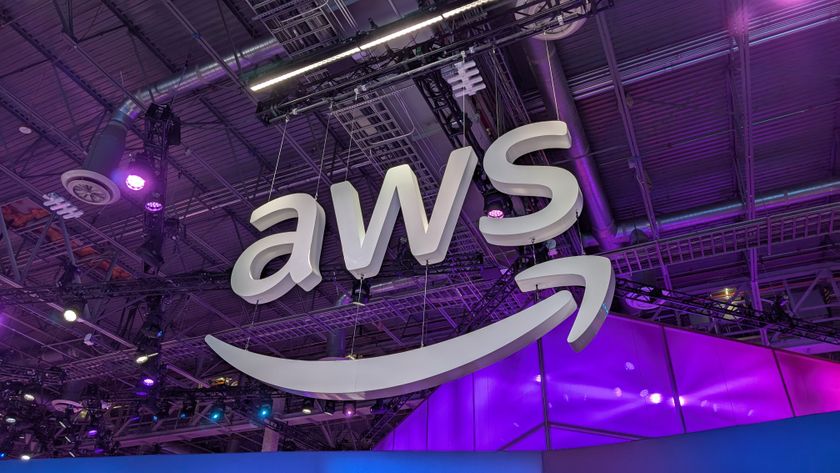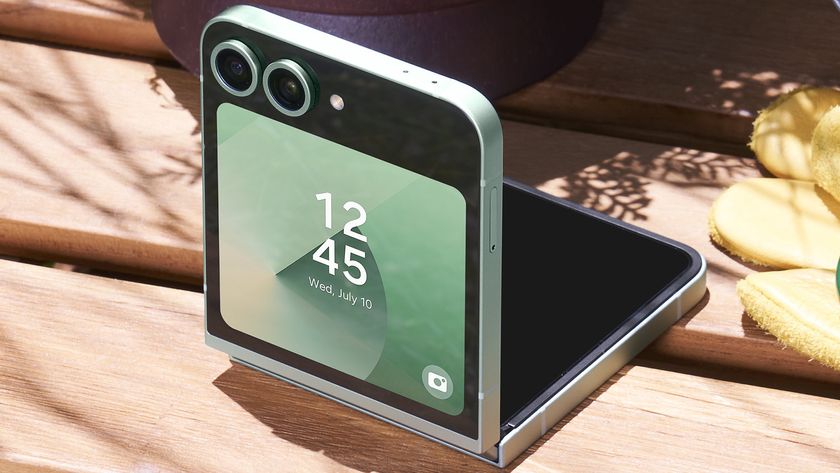Has Microsoft been looking at user files to find the 75TB OneDrive hoarders?
Is Redmond failing to respect user privacy?
The announcement raises some concerns, beyond the tone of the announcement which witnesses Microsoft berating users for taking them at their word and actually using unlimited storage – and indeed, backing up files the way previous OneDrive head Chris Jones suggested they do. It's strongly reminiscent of a school teacher taking the class to task because 'some people have spoiled it for everyone else' – and sounds far more like the old Microsoft than the new cloud and mobile-friendly Microsoft of Satya Nadella.
It's also reminiscent of the blog post where Microsoft announced that it was taking away OneDrive placeholders because they confused some users (when the actual reason is technical problems on low capacity tablets).
Why didn't Microsoft – which offers sophisticated policy options for businesses that want to manage bandwidth and control who can work with which kinds of files – simply announce that it would throttle upload speeds for people uploading extra-large files, and remove people abusing the unlimited storage option?
Every other provider – from ISPs to mobile carriers – that offers 'unlimited' options remembers to put the quote marks around the word, define what's actually available and police users who go over the limit. Did Microsoft only just do the calculations of what a billion users with 15GB or 30GB of free storage would cost them and realise how expensive its Windows 10 ambitions could get?
Microsoft snooping?
There is also the question of how Microsoft knows that those 75TB OneDrive users were uploading backups, movies and DVR recordings. To know that, the OneDrive team must still have been looking at the types of files on the service. Microsoft confirmed this to TechRadar.
The company said: "We have been consistent with the terms of the Microsoft Privacy Statement for OneDrive users and have not reviewed customer content. In an effort to improve OneDrive, we review file types and file size in the aggregate, such as patterns of behaviour. We are not reviewing personally identifiable information.
"In addition, we've had conversations with high-volume users about how they use the service. These conversations and data analysis have been the basis of our decision to change storage plans – optimising for how the vast majority of OneDrive customers use the service."
Are you a pro? Subscribe to our newsletter
Sign up to the TechRadar Pro newsletter to get all the top news, opinion, features and guidance your business needs to succeed!
Certainly, the privacy statement says "When you use OneDrive, we collect data about your usage of the service, as well as the content you store in order to provide, improve and protect the services," and finding out what's using more space than expected comes under the heading of protecting the OneDrive service.
Alienating customers
But all the examples given are about what Microsoft can do for users by looking at their usage, rather than how Microsoft might be tracking users – "indexing the contents of your OneDrive documents so that you can search for them later and using location information to enable you to search for photos based on where the photo was taken."
Even metadata like the type and size of a file can reveal information – like the fact that people are saving a backup rather than a random file on OneDrive. That's more than most people expected Microsoft to be looking at on OneDrive. It's clear to see from the feedback on UserVoice (which quickly reached 6,000 votes in the first few hours) that the OneDrive changes have alienated formerly loyal customers.
Coming after concerns about privacy in Windows 10 – where, again, Microsoft is gathering information to improve the service it can offer – it suggests that Microsoft and customers aren't always on the same page concerning the implications of using a cloud service.
Mary (Twitter, Google+, website) started her career at Future Publishing, saw the AOL meltdown first hand the first time around when she ran the AOL UK computing channel, and she's been a freelance tech writer for over a decade. She's used every version of Windows and Office released, and every smartphone too, but she's still looking for the perfect tablet. Yes, she really does have USB earrings.











